My wonderful esteemed colleague Brandon Morse is right about most things. But when it comes to Disney Plus’ “Obi-Wan Kenobi,” limited series, it appears he has lost his connection to the Force. He wrote a scathing review about the show that I just had to respond to.
The series has been both lauded and panned by Star Wars fans, a group of which I count myself a part. The show, which has two more episodes before its conclusion, was much-anticipated, and in this fan’s opinion, it has not disappointed.
Now, I may be slightly biased by the fact that Kenobi is my favorite Star Wars character of all time. But keep in mind that if Disney ruined my favorite character by creating a series that amounts to nothing more than Bantha fodder, I would be even more sensitive to the atrocity.
Morse, like myself, has been a vocal critic of Disney’s tendency to inject wokeness into its programming. Nobody wants to be lectured while watching their favorite Jedi and Marvel superheroes in action, right? But in reality, “Obi-Wan Kenobi” does not include the over-the-top wokeness that has defiled other shows. In fact, the Star Wars franchise, with the exception of “The Last Jedi” has not quite fallen too deeply into that trap.
But one of the criticisms I have heard mirrors one of Morse’s:
Obi-Wan Kenobi is a character that looks and sounds like Obi-Wan Kenobi but isn’t Obi-Wan Kenobi. He’s consistently being saved and outsmarted by the women around him, including what we’re being told is the child version of Leia Organa. His calm demeanor and skill with the force have been replaced with fearfulness and incompetence.
Other characters aren’t much better. The main villain isn’t Darth Vader but a character named “Reva,” who is more powerful and cunning than Obi-Wan, a Jedi Master, in every way. The only character acting in the manner that he should is Uncle Owen, who is highly reminiscent of the OG character from the original trilogy. Even Vader, still as menacing as ever, still seems to be making odd combat decisions.
I share Morse’s heartbreak at Kenobi’s condition throughout the series, especially the beginning. But it was not unexpected. The show’s creators stated the Jedi Master would not be the same Obi-Wan to which we grew accustomed in the prequels and the Clone Wars animated series. But in reality, this makes sense.
In this series, we see a broken Obi-Wan, one who is still in anguish over the fall of his former apprentice Anakin Skywalker. After training him for years and forming a brother-like relationship with his former padawan, he was forced to seemingly kill him after he gave in to the Dark Side and become Darth Vader.
Even worse, his failure to turn Anakin from the dark side or eliminate him, led to the brutal success of Order 66, which saw the almost-complete annihilation of the Jedi Order. Ten years later, when the series takes place, how can we expect Kenobi to be anything but a shell of his former self? Not only did he let down his closest friend, he let down his fellow Jedi and, by extension, the entire universe, which has become a galactic fascist dictatorship led by a cunning Sith Lord. It makes sense that he, like other Jedi, would lose his former self.
Indeed, I actually like this part of the series. By the end – assuming the show’s creators did their jobs – we should see Kenobi come to terms with his failure and regain his former confidence, power, and skill.
As Morse points out, the latest episode received a low rating. But remember, the series is not over yet. It still has two more episodes to go, and much can happen with the titular character before he has his final duel with his former apprentice before “A New Hope.”
Other positive aspects of the show include a ten-year-old Princess Leia, who has grown into a precocious, headstrong child who could already be showing signs of her force sensitivity. She is played by Vivien Lyra Blair, who gives a stellar performance as one-half of the Skywalker twins. Young Leia has already become a fan favorite on par with Grogu – AKA Baby Yoda.
Hayden Christensen’s portrayal of Darth Vader is also spot-on. He shows the character in his prime, a cruel, menacing figure who is still full of rage at his former master ten years after his defeat on Mustafar in “Revenge of the Sith.” James Earl Jones returned to reprise his role as the voice of the iconic villain, which had excellent nostalgic value. The scene in which Vader hunts for Kenobi was masterfully done, showcasing his brutality and monstrous energy.
Sure, the show has its flaws – just as any show does. But “Obi-Wan Kenobi” is certainly worth watching. Hopefully, Morse lets me finish the series before Force-choking me to death for writing this article.
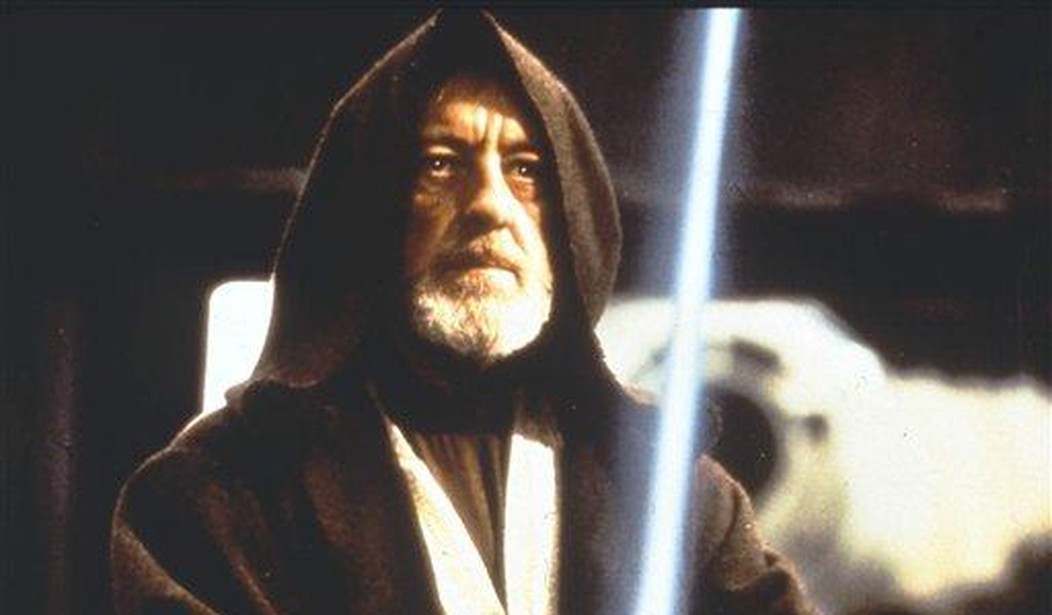
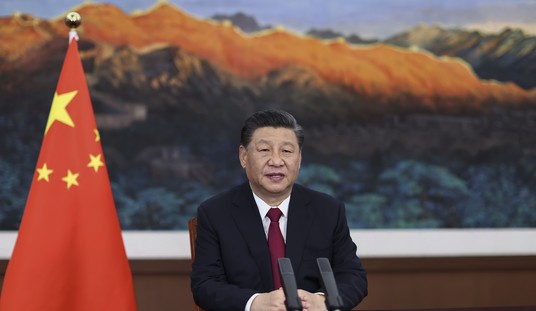


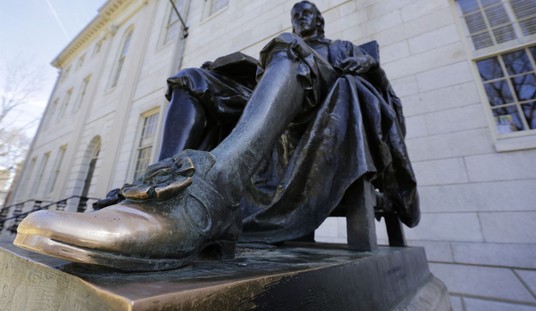
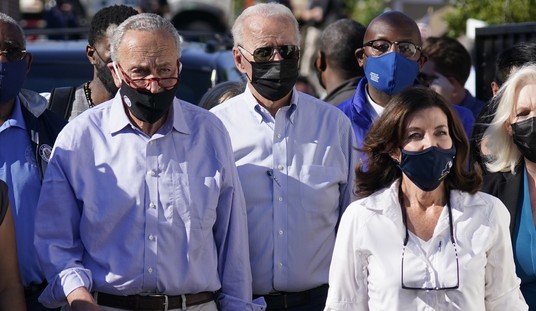




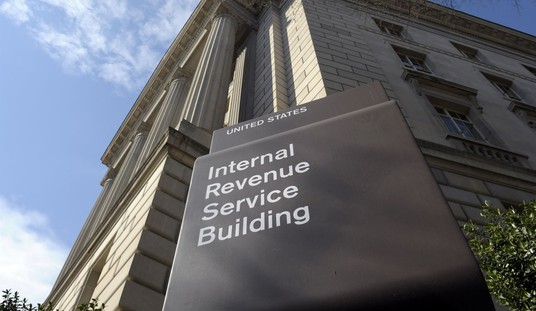
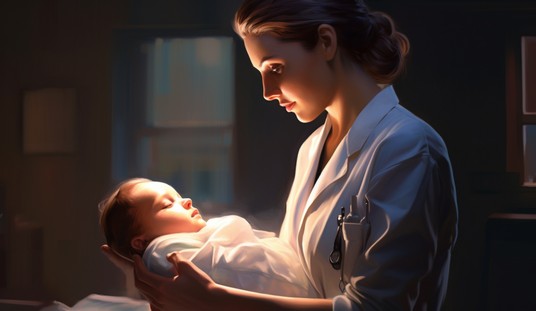

Join the conversation as a VIP Member